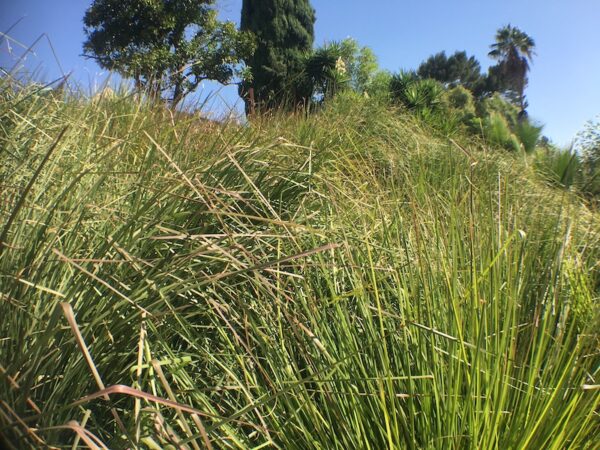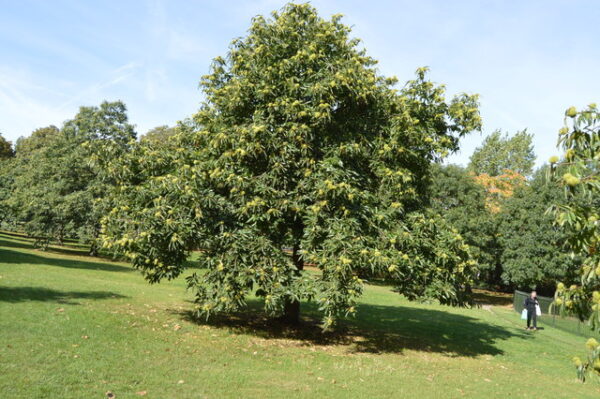Description
Black locust (Robinia pseudoacacia) is a perennial, deciduous POWERHOUSE of a leguminous tree that is highly adaptable to a range of soil types and growing conditions. From heavy clay soils to sharply-draining, low-fertility sands and from droughty southern California oak forests to water abundant deciduous Midwest and Eastern forests, the Black Locust is a valuable pioneer and potent bio-remediator.
Black locusts can grow in Zones 3a – 10b. They can grow in a range of shapes and sizes depending on climate conditions and how they are managed, anywhere from 20-40+ feet in width and 30 – 80 feet in height. Black Locust has a rhizomatous root system, enabling the trees to clone themselves and form groves of genetically identical individuals. Black Locusts have white flowers born on hanging pannicles (much like wisteria) that smell incredible and are edible (they taste like fresh peas!). The flowers make an beautiful topping to seasonal salads during the bloom window (July out here in California). The younger trees have large thorns, that ultimately come off as the tree matures, however new growth will always be thorny. Use eye protection, gloves and boots when working with it!
Black Locust has an incredible number of high value uses – far too many to list here – but we’ll give some of the highlights! They are well known for their density and resistance to rot, and for that reason make excellent fence posts or other earth-contact wood pieces. Black Locust is an excellent coppice species, and can be managed for biomass production for polewood, small diameter firewood (very high BTU count), animal browse (cows, goats, sheep love it, poultry eat the seeds) and shade for livestock. They are also potent bioremediators – often showing up on their own and thriving in the most damaged, disturbed and toxic sites – this is part of why they sometimes get a bad rap for being “invasive” – but they’re just cleaning up the mess! Black Locusts fix nitrogen in the soil, and make excellent nurse and support species in developing agroforestry and silvopastoral systems that can be coppiced to give injections of nitrogen to developing climax trees.
Black Locust can be an aggressive grower, so we recommend having plans to manage its abundant energy (browsing with livestock, coppicing, timber harvests etc). Black Locust is an incredible ally in restoring damaged landscapes and creating fertile, productive soils. Make this one part of your story!









Reviews
There are no reviews yet.